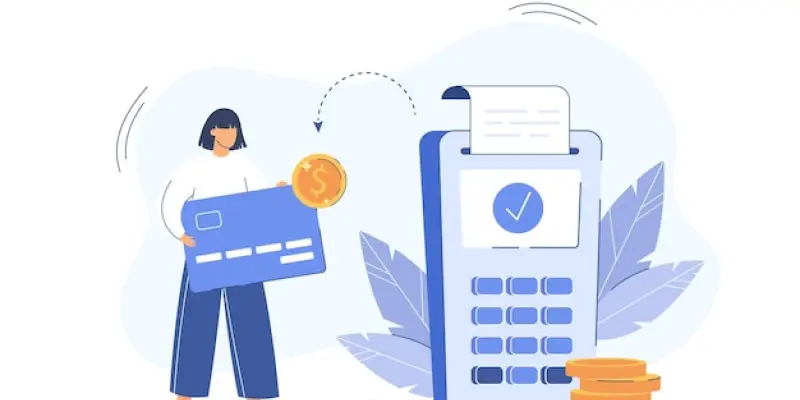How often have you stood in line at the grocery store or gas station and wished you could defer payment until later without incurring high credit card interest? Financial landscapes in retail are rapidly shifting, and fifteen percent of consumers are now utilizing Buy Now, Pay Later (BNPL) plans for an array of purchases ranging from necessities to luxury items.
Expanding BNPL: A New Era in Consumer Finance
Americans face a milieu of swelling household debts, prompting many to seek financial relief through flexible options like BNPL services. These plans have moved beyond the digital realm, as companies such as Klarna and PayPal bring these conveniences into physical retail spaces, catering to growing consumer demand for payment versatility. This expansion signifies a pivotal shift in how shoppers manage and perceive financial responsibilities.
Klarna and PayPal: Pioneers of Innovation in BNPL
Klarna has launched its Klarna Card, a debit card that grants users access to BNPL options like Pay in 4 and Pay Later across a myriad of Visa merchants. This innovation caters to consumers’ preference for installment-based payments, even in physical stores, allowing them greater control over their purchasing experience. PayPal, taking a distinct approach, has collaborated with Synchrony Financial to introduce a credit card that integrates PayPal Credit, making BNPL accessible at Mastercard-accepting outlets. These advancements reflect a burgeoning trend of blending traditional credit frameworks with modern BNPL features.
Diverse Views on Consumer Debt and Psychological Impact
Not everyone views BNPL plans favorably. Alaina Fingal highlights potential risks, warning that installment payments might nurture unsustainable spending habits. The psychological ease of splitting payments can prompt consumers to underestimate real expenses, potentially leading them toward financial instability. Federal Reserve surveys illuminate this risk, showing nearly a quarter of BNPL users have defaulted on payments in the past. Such data underscores the need for consumer awareness and responsibility.
Navigating BNPL Wisely: Strategies for Safe Usage
As BNPL offerings become more ubiquitous, so does the importance of prudent usage. Consumers are advised to avoid relying on installment loans for everyday essentials. Instead, they should consider building savings for larger purchases and maintaining a budget to ensure financial stability. Effective financial planning and understanding one’s spending limits play crucial roles in making the most out of these flexible payment options without succumbing to debt.
In recent years, innovative BNPL solutions have redefined shopping experiences both online and offline. Klarna and PayPal’s efforts to launch physical cards signal a crucial advancement in consumer finance, bridging the physical-digital gap. However, as individuals embrace these payment choices, the need for careful budgeting and financial intelligence has never been greater. As these services continue to evolve, consumers must weigh the benefits of increased purchasing flexibility against the risks of financial strain, ultimately crafting decisions that support enduring financial well-being.

